The US Basically Has The Same Political System As The UK - In The Late 1700s
Unlike today's Britain, in the 18th century the country was ruled by a King with relatively moderate powers, balanced by a parliament consisting of a lower chamber, the House of Commons, and an upper chamber, the House of Lords, all of which had more or less equally much power. Sounds familiar?

Let's go step by step:
The House of Commons represents the people, as one of the two chambers of parliament. Or rather in the 18th century it represented those rich elites who happen to have been born male, who were the only ones with the right to vote at the time. The country is split up into hundreds of constituencies, each of which sends one Member of Parliament, or MP, to the House.
If we want to know how the US House of Representatives works, one of the two chambers of Congress, we just have to change a few names and voilà:
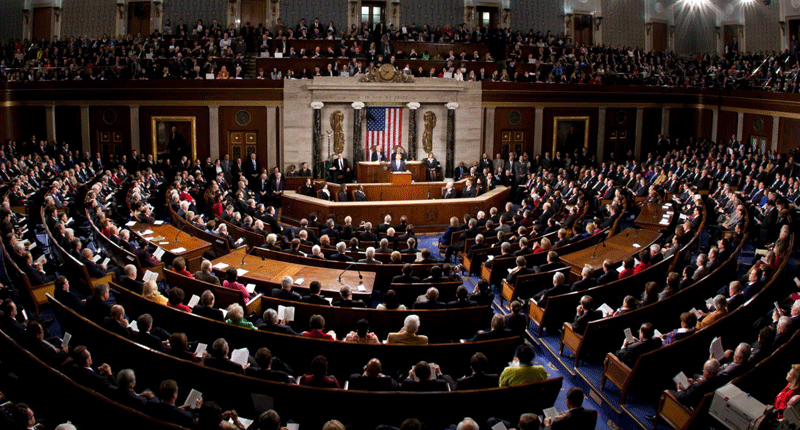
Then there's the House of Lords. Instead of the people electing its members, it represents the rulers of the few dozen powerful duchies and counties that make up the kingdom. The Lords don't get their titles all at the same time, but keep them over a number of years. Well, until their death usually. That means there is a constant flow of Lords gaining and losing membership, but at any given point the vast majority of this House is unchanged. Legislation has to be passed both by the House of Commons and the House of Lords, and then be signed by the King.
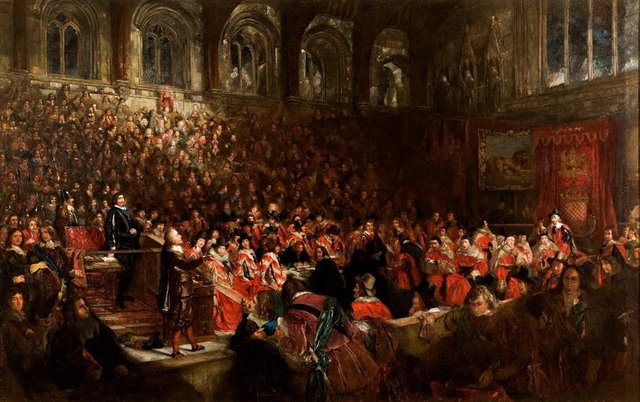
Most people don't know this, but originally the Senate was actually appointed by each state legislature, it was not elected by the people of each state like today's Senators. Similarly to the House of Lords, the Senate also doesn't change its members all at once, but instead there are 3 classes of members going in and out of the Senate every 2 years, which means it will change much slower than the lower House. Legislation has to be passed both by the House of Representatives and the Senate, and then signed by the President.
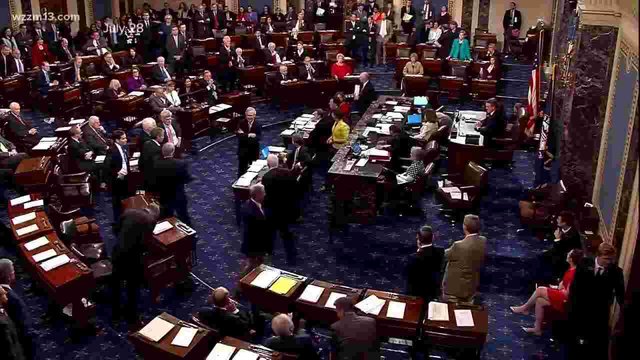
Still, though, the US system was of course more democratic than the UK system at the time, obviously. It did, after all, allow the President to be elected by the people within their states, via the Electoral College. Except it didn't. Let me explain: The Constitution doesn't say the people of each state vote for the electors, but that the state legislatures do. And certainly for the first few decades of the United States' existence, that was exactly what most states actually did:
Notice the grey areas which had no vote, and where the state legislatures just decided who the Electors should be. It was only through a grassroots movement in the early 1800s that all states chose to elect all of their electors by popular vote. And most of the reason they did it in a winner-takes-all fashion was so the Presidential Candidates would cater more to their state's interest. But at this point, if the British Lords had just elected their king once very four years, one could hardly see a real difference between the two systems anymore.
Now, I'm not saying this to downplay the American Revolution, or say that it didn't matter whether the Americans were ruled by far-away Britain or whether they ruled themselves. But by the late 1800s, there was no tyrannical king in the United Kingdom anymore, by that time he had long been effectively one of three equal branches of government: The King, the House of Commons and the House of Lords (No Supreme Court in Britain). In both countries this system balanced the interest of the people - or rather the rich elites who were the only ones who could vote at the time in both countries - and the rulers of the powerful smaller states/duchies making up the country, having an equally strong figure at the top to keep it all together. And that made sense politically at the time, as otherwise Britain might have entered a civil war, or the United States would have never united in the first place. I just want to do away with this notion that what the Founding Fathers did was to completely reinvent politics as the world knew it: They didn't. They exchanged a king with an elected President, and instead of poweful nobles coming together to form a country, it was states. It made a lot of sense at the time, but much of the necessary progress necessary for democracy - the right to vote for everyone of age, direct election of Senators and the President - still had to be made in the following decades.
It's really remarkable how similar the two were, and yet how different they have become. Whether you think the US should rewrite its Constitution or not, it's easy to see that the UK evolved to have a completely different political system than the US over the decades. This is basically all you have to know about today's Britain's political system: The House of Commons can literally do whatever it wants. That's literally the entirety of their "Constitution", all else can be changed by an act of parliament. That means whoever controls parliament can do anything, whether institute fascism, or communism, or anarchy. So maybe the United States' political resistance to change also has its upsides afterall..
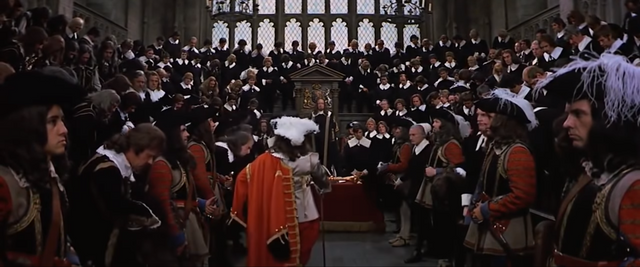
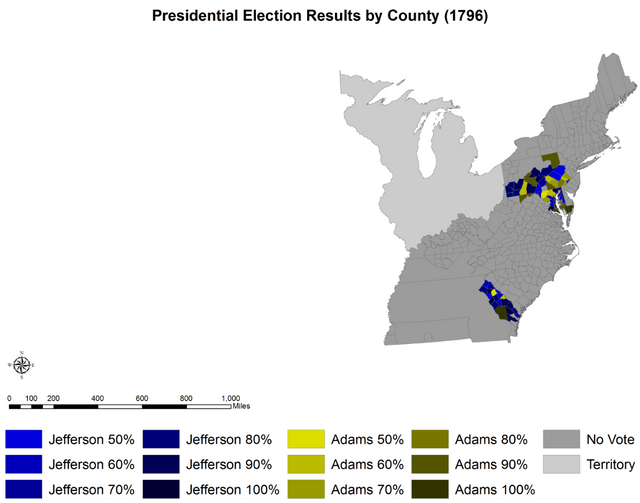
Congratulations @politikhos! You have completed the following achievement on the Steem blockchain and have been rewarded with new badge(s) :
Click here to view your Board of Honor
If you no longer want to receive notifications, reply to this comment with the word
STOPCongratulations @politikhos! You have completed the following achievement on the Steem blockchain and have been rewarded with new badge(s) :
Click here to view your Board of Honor
If you no longer want to receive notifications, reply to this comment with the word
STOP